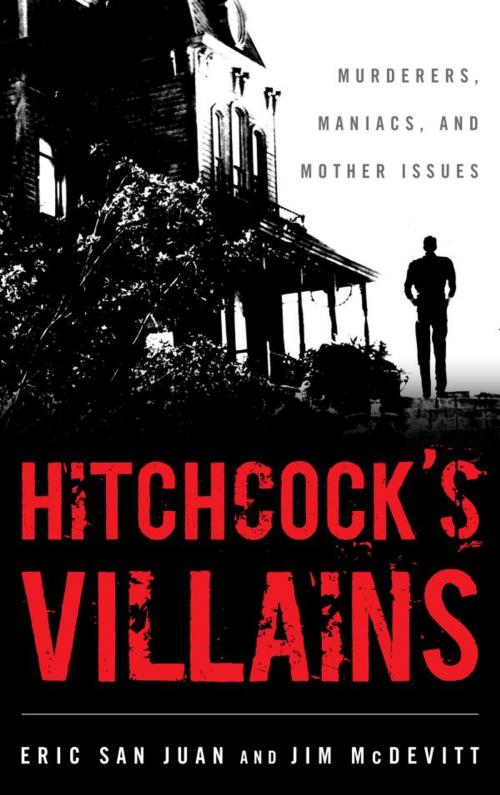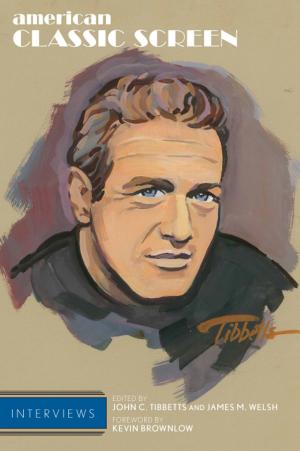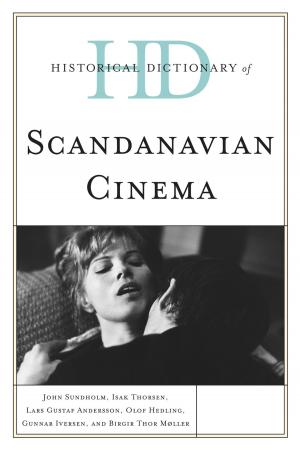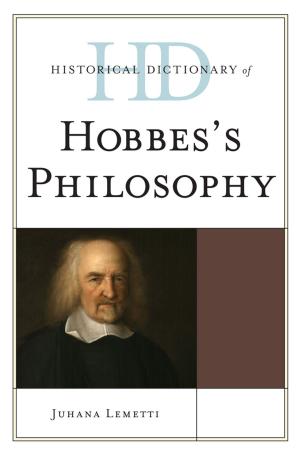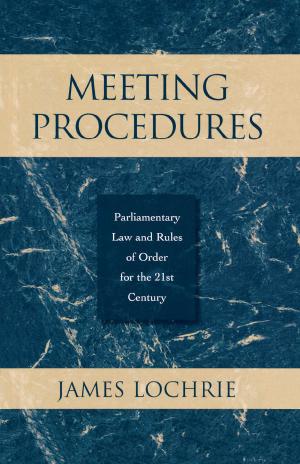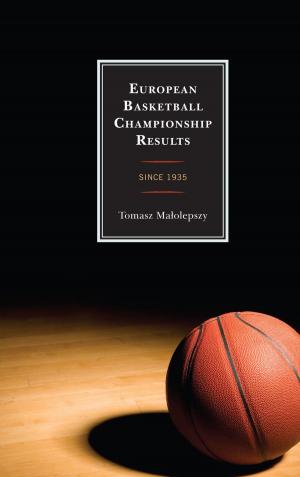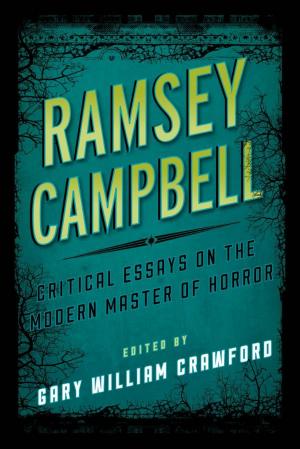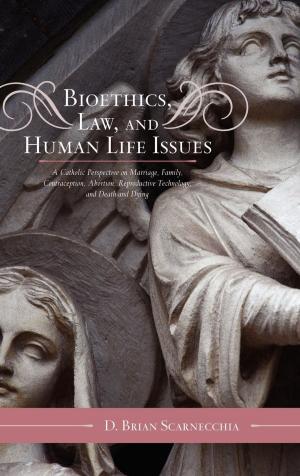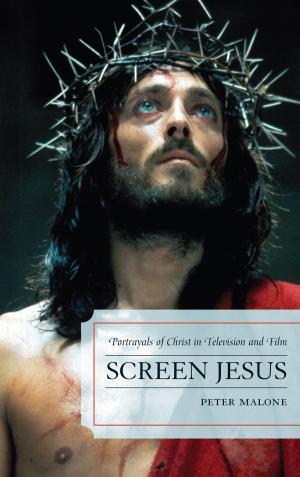Hitchcock's Villains
Murderers, Maniacs, and Mother Issues
Nonfiction, Entertainment, Film, Direction & Production, Performing Arts| Author: | Eric San Juan, Jim McDevitt | ISBN: | 9780810887763 |
| Publisher: | Scarecrow Press | Publication: | August 8, 2013 |
| Imprint: | Scarecrow Press | Language: | English |
| Author: | Eric San Juan, Jim McDevitt |
| ISBN: | 9780810887763 |
| Publisher: | Scarecrow Press |
| Publication: | August 8, 2013 |
| Imprint: | Scarecrow Press |
| Language: | English |
The films of Alfred Hitchcock are appreciated for a variety of reasons, including the many memorable villains who menace the protagonists. Unlike so many of cinema’s wrongdoers, the Hitchcock villain was often a complex individual with a nuanced personality and neuroses the common person might not be able to relate to, but could at least understand. If such figures did not always elicit sympathy from the audience, they still possessed characteristics that were oddly appealing. And frequently, viewers found them more likable than the heroes and heroines whom they victimized.
In Hitchcock’s Villains: Murderers, Maniacs, and Mother Issues, authors Eric San Juan and Jim McDevitt explore a number of themes that form the foundation of villainy in Hitchcock’s long and acclaimed career. The authors also provide a detailed look at some of the director’s most noteworthy villains and examine how these characters were often central to the enjoyment of Hitchcock’s best films. Whether discussing Uncle Charlie in Shadow of a Doubt or Norman Bates in Psycho, the authors consider what attracted Hitchcock to such characters in the first place and why they endure as screen icons.
Intended for both casual and ardent fans of Hitchcock, this book offers insight into what makes villainous characters tick. While serious students will appreciate observations in Hitchcock’s Villains that will enhance their study of cinema technique and writing, general fans of the director will simply enjoy delving further into the minds of their favorite villains.
The films of Alfred Hitchcock are appreciated for a variety of reasons, including the many memorable villains who menace the protagonists. Unlike so many of cinema’s wrongdoers, the Hitchcock villain was often a complex individual with a nuanced personality and neuroses the common person might not be able to relate to, but could at least understand. If such figures did not always elicit sympathy from the audience, they still possessed characteristics that were oddly appealing. And frequently, viewers found them more likable than the heroes and heroines whom they victimized.
In Hitchcock’s Villains: Murderers, Maniacs, and Mother Issues, authors Eric San Juan and Jim McDevitt explore a number of themes that form the foundation of villainy in Hitchcock’s long and acclaimed career. The authors also provide a detailed look at some of the director’s most noteworthy villains and examine how these characters were often central to the enjoyment of Hitchcock’s best films. Whether discussing Uncle Charlie in Shadow of a Doubt or Norman Bates in Psycho, the authors consider what attracted Hitchcock to such characters in the first place and why they endure as screen icons.
Intended for both casual and ardent fans of Hitchcock, this book offers insight into what makes villainous characters tick. While serious students will appreciate observations in Hitchcock’s Villains that will enhance their study of cinema technique and writing, general fans of the director will simply enjoy delving further into the minds of their favorite villains.
